
The 1960s sparked more than just a love for flower crowns and free-spirited ideals—it was a full-blown revolution. At the heart of this cultural storm stood fearless women who rewrote the rules of music, activism, and self-expression. Some shook up the system with a guitar, others with a manifesto, but all left a legacy worth remembering. Ready to meet them?
Joan Baez

Joan Baez lived every protest song she sang. With a voice like pure silver, she serenaded civil rights marches and anti-war rallies, making folk music a weapon of change. While others stayed silent, she stood beside Martin Luther King Jr., proof that a melody could be mightier than a megaphone.
Janis Joplin

Janis Joplin shattered every mold for female rockers. Her raw, electric voice roared through bluesy anthems, which made vulnerability feel like the ultimate rebellion. She was a pure force onstage—an explosion of sound and emotion that left audiences shaken and forever changed.
Grace Slick

Few could match the sheer audacity of Grace Slick. Fronting Jefferson Airplane, she made “White Rabbit,” a psychedelic battle cry, and turned counterculture into art. She was the wave of the 60s, pushing boundaries in music, politics, and a wardrobe that made no apologies.
Melanie Safka

Melanie Safka walked onto the Woodstock stage as an unknown and walked off as a legend. Her soft, wistful voice contrasted the era’s wildness, yet her anthem “Lay Down” turned candlelit unity into a movement. A reminder that even in chaos, gentle voices can command a roar.
Betty Friedan
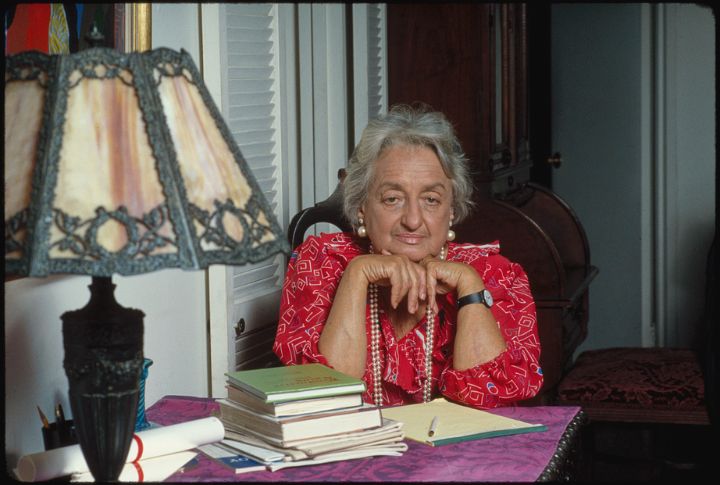
Before Betty Friedan, women were told their purpose ended at the picket fence. Then she wrote “The Feminine Mystique” and shattered that illusion. Her words sparked a feminist awakening that reminded millions that ambition wasn’t just for men—and that equality was worth the fight.
Yoko Ono

Yoko Ono blurred the lines between art, music, and activism, making avant-garde rebellion her signature. With fearless creativity, she transformed raw emotion into a boundary-pushing expression. Love her or misunderstand her, one thing was certain—she never played by the rules, and the world was never the same because of it.
Pamela Des Barres
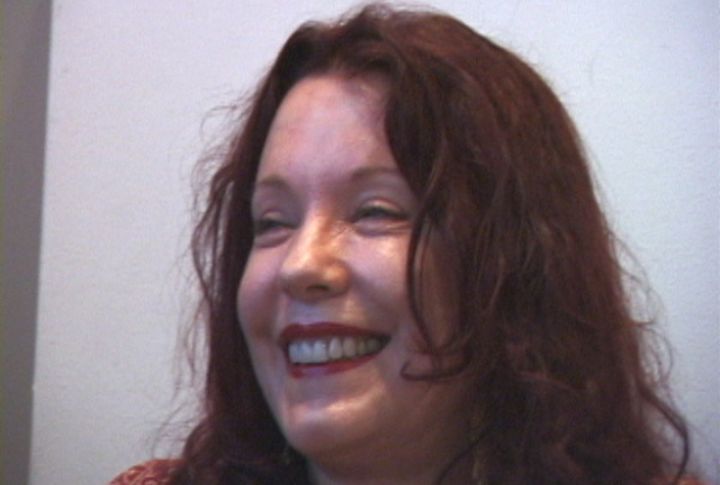
Pamela Des Barres chronicled rock’s wildest years with an insider’s eye. Her diary captured the untamed world of Zeppelin, Jagger, and the icons who ruled the era. Her memoirs revealed a backstage reality as gripping as any performance under the spotlight.
Nina Simone
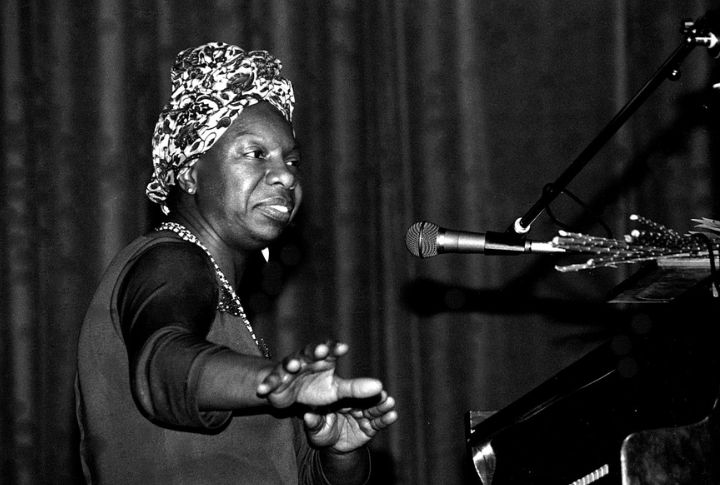
Nina Simone poured her soul into every note, turning the piano into a battleground for justice. “Mississippi Goddam” erupted with unfiltered rage, a melody that confronted racism head-on. Her haunting and powerful voice left no listener untouched—it was impossible to walk away unchanged.
Buffy Sainte-Marie
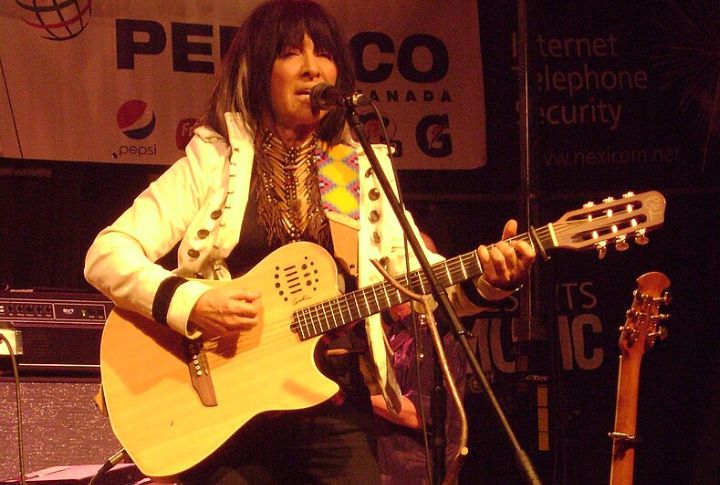
Buffy Sainte-Marie fused folk music with activism, using her haunting voice to champion Indigenous rights. Her song “Universal Soldier” became an anti-war anthem, proving that music could be beautiful and revolutionary. She reshaped folk music while breaking down barriers for Indigenous artists.
Joni Mitchell
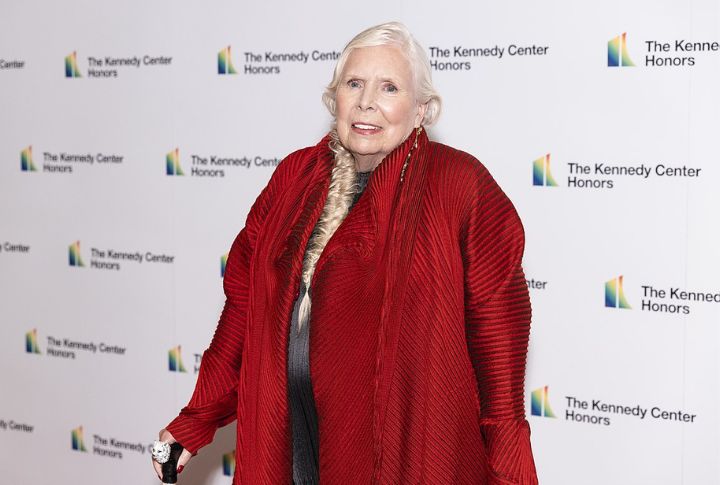
Joni Mitchell painted the 60s with poetry and melody, her songs weaving vivid portraits of love, freedom, and rebellion. With a guitar in hand and a voice that soared, she turned introspection into anthems, which proved that the personal was always political—and always worth singing about.

Comments
Loading…